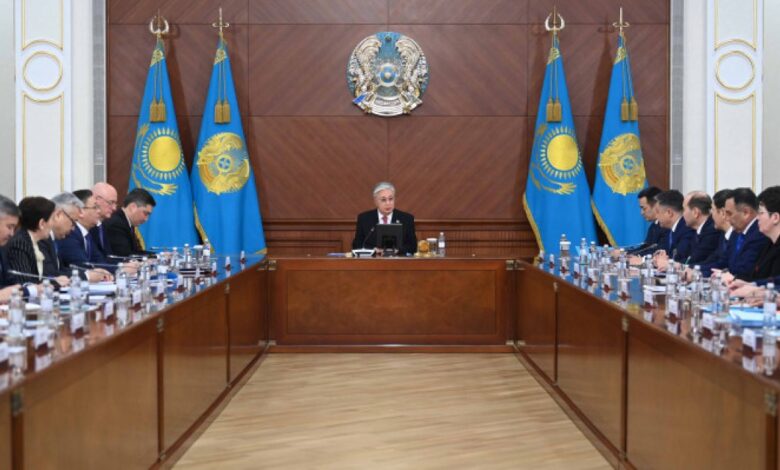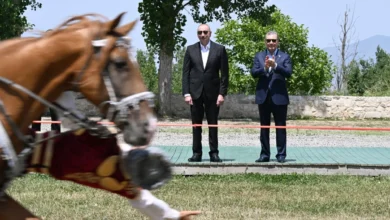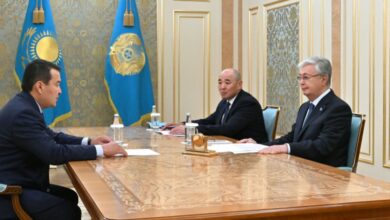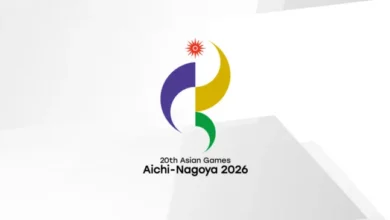
The meeting, graced by Prime Minister Olzhas Bektenov, Head of the Presidential Administration Aibek Dadebayev, government officials, Chairman of the National Bank, regional akims, and heads of central government agencies, commenced with the President’s remarks emphasizing the need for a renewed impetus in governmental activities.
Tokayev set a clear target for the Government – to propel the economy to $450 billion by 2029 through annual GDP growth of at least 6%. However, he underscored that mere positive economic indicators weren’t sufficient; instead, thoughtful and decisive actions were imperative to drive qualitative development.
Efficiency, rather than bureaucracy, was stressed by the President, emphasizing the necessity for a systematic approach blending immediate issue resolution with a long-term vision for economic advancement.
A series of key tasks were delineated for the economic agenda, including the radical enhancement of budget and tax policies to ensure effective budget management and qualitative forecasting. Moreover, the need for a balanced approach to budget allocation, prioritizing economic stimulus, was highlighted.
The President revealed ongoing efforts to formulate a new Tax Code, aimed at striking a balance between investor-friendly conditions and maintaining necessary budget revenues.
Launching a new investment cycle emerged as a crucial directive, given the dwindling share of investments in fixed assets in the country’s GDP. The establishment of an Investment Headquarters to bolster investment inflows and expedite decision-making processes was emphasized, with a focus on enhancing private investment attraction at the local level.
Tokayev emphasized the importance of retrieving illegally withdrawn assets to fund vital national projects, while warning against excessive enforcement measures that might compromise social justice.
Additionally, the reform of public procurement systems, public-private partnerships, and construction industry regulation were highlighted as complementary reforms to bolster economic efficiency.
Comprehensive economic liberalization was identified as a critical reform agenda, aiming to minimize government intervention and eliminate monopolistic practices across sectors. Effective privatization was underscored as pivotal within this framework.
Furthermore, the President urged for accelerated industrial development, stressing the need for concrete outcomes from the newly established Ministry tasked with implementing an efficient industrial policy.
The session also addressed priorities like agro-industrial complex development, rational water resource management, and modernization of utility and energy sectors, reflecting the Government’s multifaceted approach to driving economic growth and addressing pressing societal needs.



